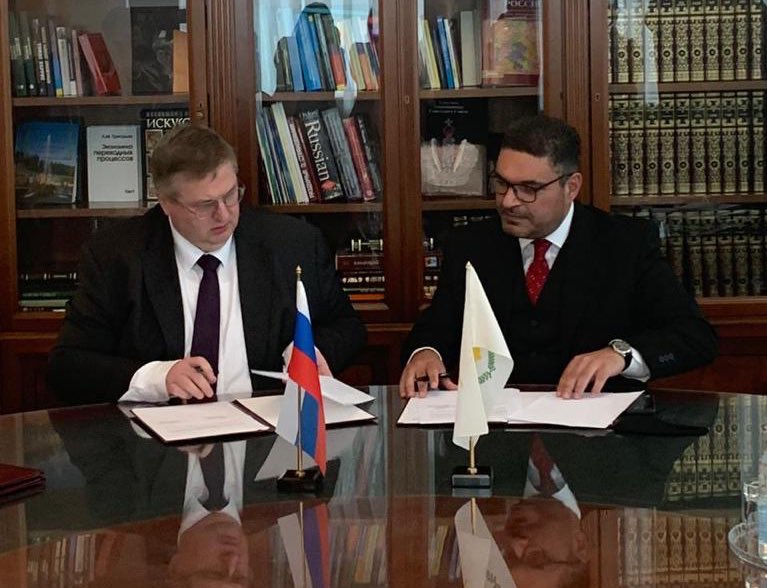Cyprus Finance Minister Constantinos Petrides seems to have avoided, for now, worsening economic ties with Russia after he signed an amendment to the Cyprus-Russia double-tax treaty, that Moscow had sought to challenge and scrap earlier in August.
The Russian Finance Ministry said it planned to impose a new 15% tax on dividend payments flowing out to Russian-owned parent companies in ‘favourable tax’ jurisdictions, such as Cyprus, Malta, Luxembourg and the Netherlands.
President Vladimir Putin wanted to introduce the measure in effort to deal with the cost of dealing with the coronavirus pandemic, but also because of tumbling crude oil and natural gas prices, Russia’s biggest earner.
However, the Kremlin has also set its eyes on Russian-owned companies with overseas operations as part of a ‘de-offshorisation’ programme to lure funds back home.
In a brief statement after signing in Moscow the amendment to the treaty, Petrides tweeted: “Reassuring economic ties between Russia and Cyprus. Amendment of the DTT agreed today with Deputy PM [Alexey] Overchuk. Important and Mutually beneficial agreement.”
The Cyprus Finance Ministry expressed its satisfaction in Nicosia saying the revision of the double taxation avoidance framework “after extensive negotiations.”
This is in contrast to Moscow’s initial view that the negotiations had failed, prompting minister Petrides to rush to Moscow and see if he could rescue the deal.
Reports attributed to the Cyprus ministry said it had secured exemption for a number of regulated financial institutions, such as pension funds and insurance companies, as well as listed companies with a certain market cap.
Also exempt from the 15% levy are dividends and earnings from corporate and government bonds, as well as Eurobonds.
The Cyprus side also ensured that it would maintain a 0% gains tax for these instruments.
The final treaty is expected to be signed some time in the Autumn, and implemented on January 1, 2021.
The signing will probably coincide with the arrival on the island of Foreign Minister Sergey Lavrov, with observers saying that every decision that the Kremlin takes, is just as political, as it is economic.
Russia is clearly upset that Cyprus has imposed a provision of the US Congressional Rubio-Menendez bill that prevents Russian military vessels berthing in ports, albeit on humanitarian grounds.
Cyprus also fears that with Moscow’s improving ties with Turkey, Russia’s position as a permanent member of the UN Security Council could be used as leverage over Nicosia to succumb to pressure.
During the visit to Nicosia, Lavrov may also seek explanations regarding a number of assets and accounts that have been frozen in Cyprus banks.
According to reports in the Russian media, the Kremlin estimates that almost two trillion rubles ($27 billion) of corporate earnings flowed from Russia to Cyprus in 2019 alone.
Tax experts told Russian news site RBC it will be less profitable for Russian firms to incorporate in Cyprus should the tax treaty be abandoned.










